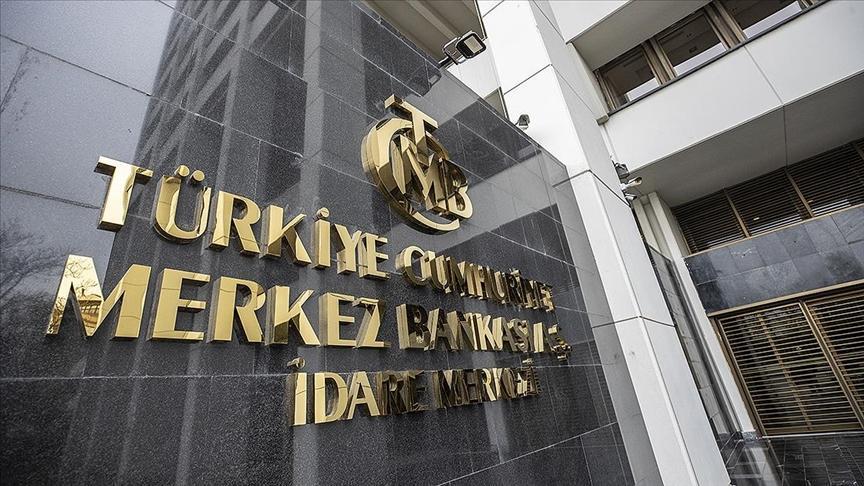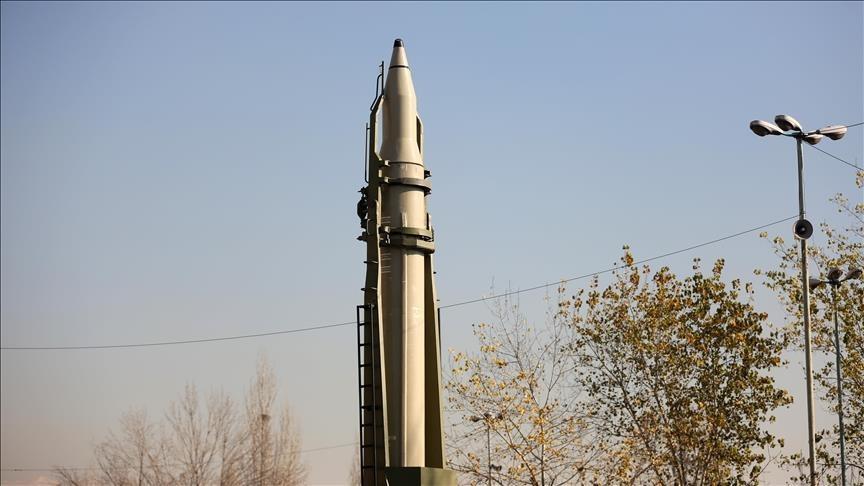Turkey-US ties under Biden era
As was expected, the democratic contender Joe Biden is elected as the 46th president of the United States, dashing incumbent President Donald Trump’s hopes for another four years at the White House.
Biden’s election as U.S. president surely signals a new era in international relations, especially after Trump’s controversial foreign policy that weakened the multilateral aspect of the American engagement with the rest of the world. This new era will sure reflect itself in our region and on ties with Turkey.
As this column last week suggested, Turkish political circles were hoping for Trump’s win although ties between the two allies were not free of turbulences and crises during the four-year term of the outgoing president.
There were two main reasons why Ankara favored the republican win: A candid personal dialogue between President Recep Tayyip Erdoğan and Trump and the outgoing U.S. president’s decision to avoid sanctions on Turkey over its acquisition of S-400 air defense systems from Russia. Trump was also not in favor of sanctioning Turkey’s Halk Bank over alleged attempts to evade Iranian sanctions.
During Trump’s term, Ankara and Washington continued to spar about the latter’s support to the YPG despite Turkey’s strong pressure and the latter’s indifference to the Turkish demands of the extradition of Fethullah Gülen, the leader of the FETÖ terror organization blamed for the 2016 coup attempt.
However, the worst crisis between the two happened in mid-2018 after a Turkish court convicted a U.S. pastor over his alleged links to the terror organizations. Trump and his evangelic Vice President Mike Pence have taken a very harsh stance against Turkey which resulted in an unprecedented degradation of the Turkish Lira against the U.S. dollar and other currencies.
But still, despite all these ups and downs in ties, Ankara was hoping to work with Trump for another four years. It’s not because the Turkish officials are fully in love with Trump but their dislike to the new owner of the White House.
While Trump did not hide his respect for Erdoğan, Biden openly called the Turkish president an autocrat, causing an uproar against him in the Turkish capital. Differently from Trump, Biden’s foreign policy will sure include the human rights situation in Turkey as it was him who met a number of dissidents in Turkey in one of his visits as the vice president under the Obama administration.
Washington’s partnership with the YPG in the coming period will likely endure even with more intensity although the situation in the field will also require continued cooperation between Turkey and the U.S. The two allies will have to compromise about a new balance on Syria.
An immediate issue of the Biden administration’s agenda will include restoring the transatlantic ties through NATO and the European Union. Turkey’s severed relationship with these two organizations can, therefore, pose new risks to the Turkish interests especially in its wider region; eastern Mediterranean, Syria, the Caucasus and etc.
No doubt, Turkey’s procurement of S-400s and testing them will pre-occupy Ankara-Washington ties in the coming weeks with concerns that congressional sanctions could be activated.
Having underlined all these negativities, it should also be recalled that any kind of a new beginning can bring about new opportunities as well. Turkey and the U.S. should devote this new era to narrow their differences on key regional issues through intense dialogue and under a new political and strategic framework.
Cooperation between the two will surely play a vital role in the stability and peace in this region.











